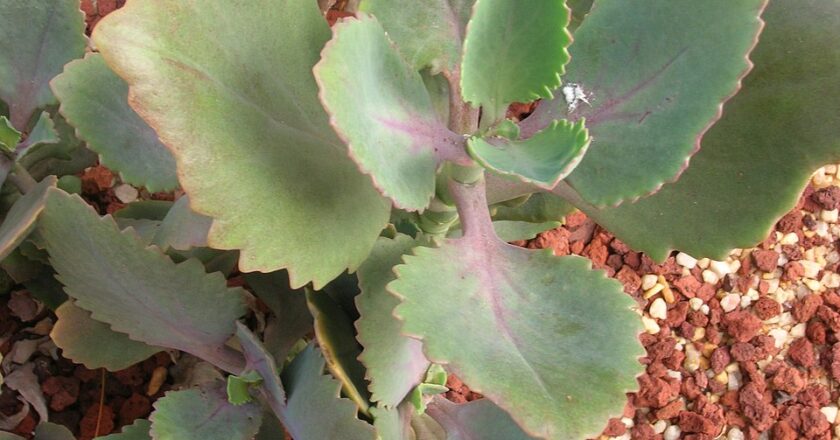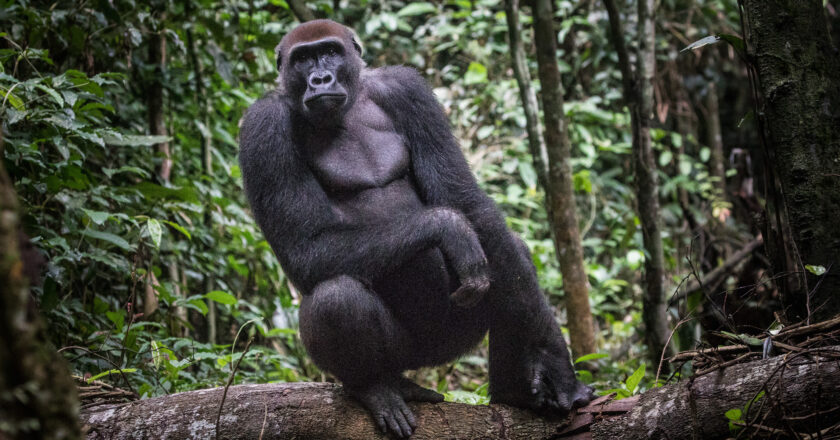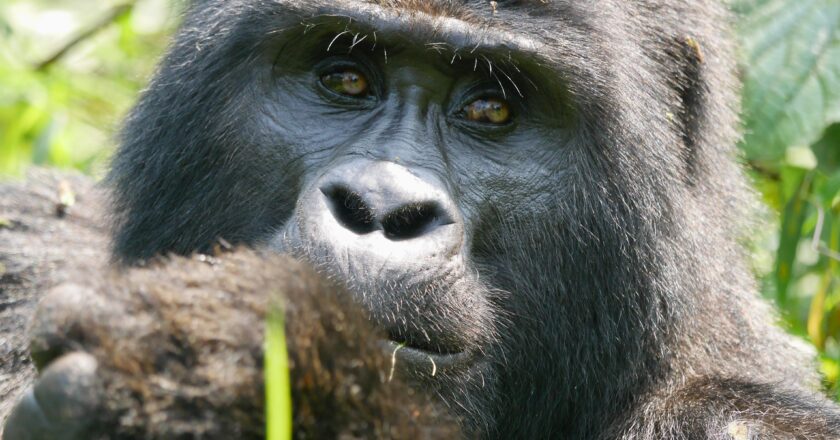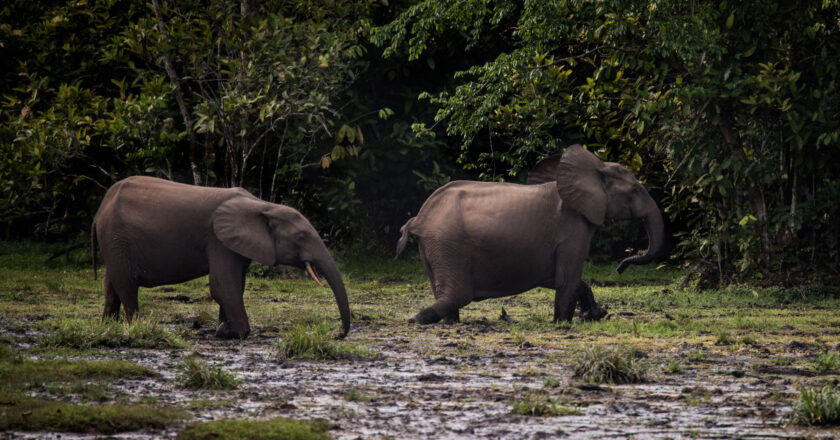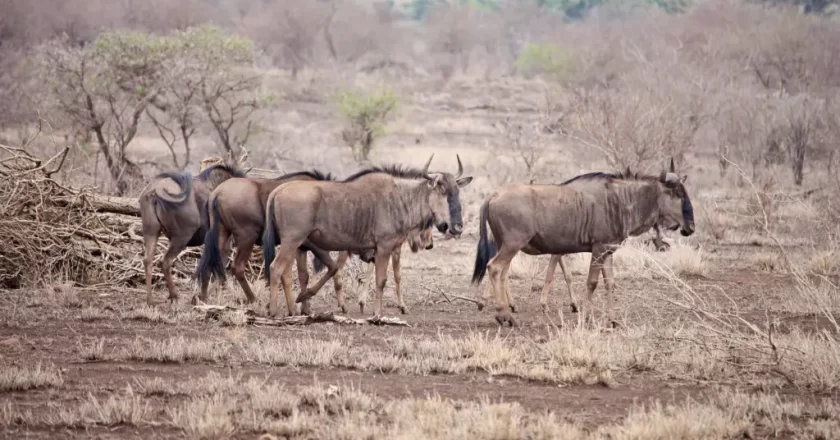Illegal Trade Robbing South Africa of Rare Succulent Plants
A long-flower kalanchoe, a succulent plant species native to South Africa © Brew Brooks/ Wikimedia Commons
Illegal harvesting and smuggling are stripping one of South Africa’s biodiversity hotspots of its unique wild succulent plants, pushing the rare species closer to extinction.
An analysis by the Institute of Security Studies’ ENACT initiative indicates that demand from horticultural markets in Asia, Europe and the United States is driving the illegal trade. Cultivated succulents, not wild ones, be legally traded internationally.
Though illegal harvesting of wild succulents is not new, especially by foreigners from Asia and Europe, it surged since the COVID-19 pandemic as locals sought to overcome limited income opportunities.
The almost-weekly arrests of suspected il...
